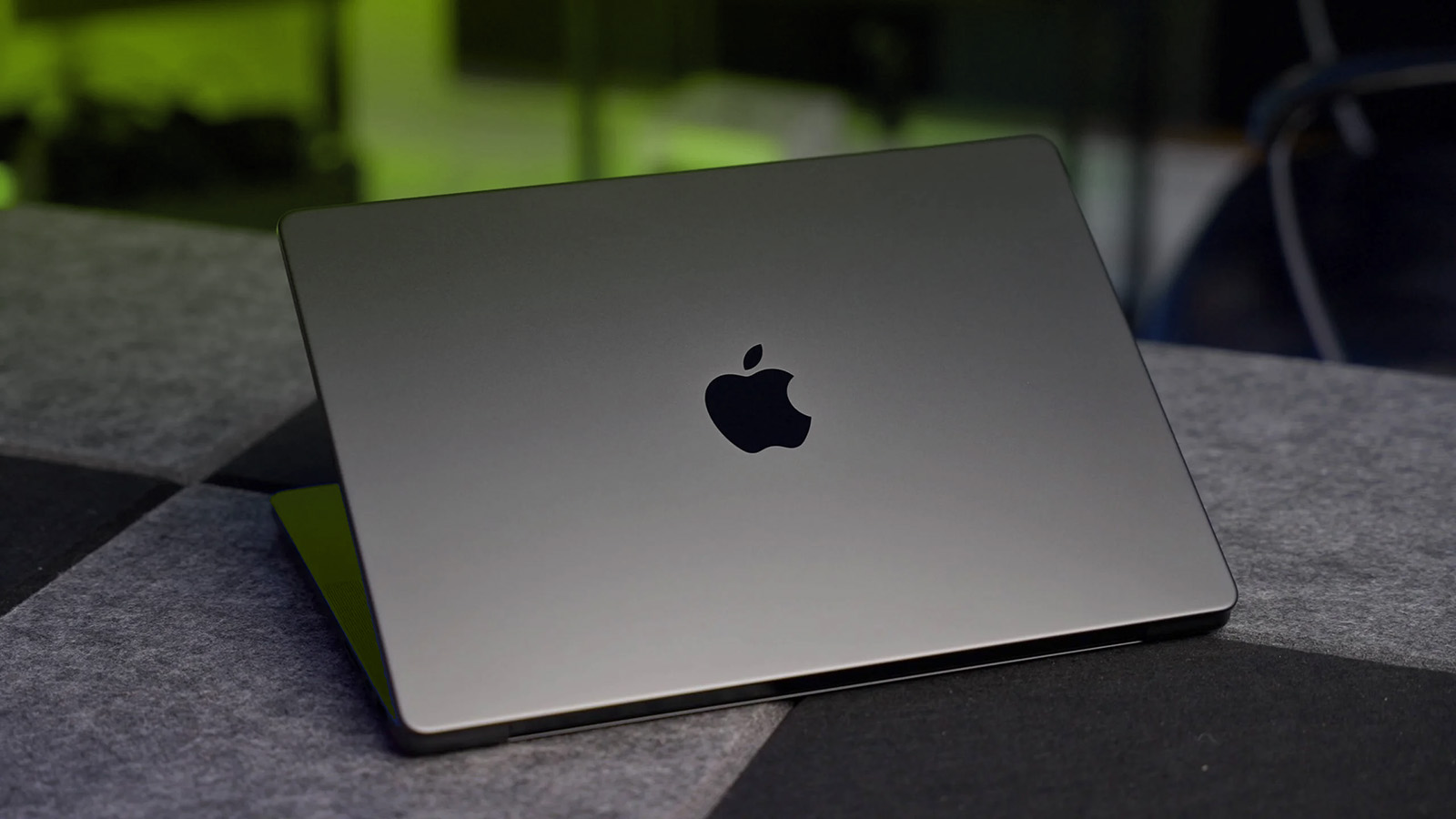Can You Day Trade with a Mac?

As a day trader, having a reliable and efficient computer that supports your trading platform is critical for success. Many traders build custom PCs to have total control of the hardware in their setup, oftentimes opting for the best of the best. But can you get the same performance or better with an off the shelf Mac?
We would argue… absolutely.
The exact computer that Matt from the Trade Brigade uses is a max spec 16″ MacBook Pro M3. Prior to that it was a max spec 13″ MacBook M1, and before the silicon chips a max spec 27″ iMac. For additional peripherals view the list here: Matt’s Trading Desk Setup.
Macs Are Reliable and Stable
One significant advantage of Mac computers is their reputation for reliability. Apple’s meticulous control over both hardware and software ensures just about the most stable operating system on the market. Macs are less prone to crashes, viruses, and other technical issues that cause computers to crash. Imagine being in a 20 lot /ES trade and your machine decides that it wants to crash. I’ve seen it happen with the Windows platform but in my 10+ years of trading, I have never, not once, had an issue with my Mac crashing. Internet issues, sure, but Mac hardware or operating system? Never. This reliability factor provides peace of mind to traders, myself included. We need 100% uptime. Anytime there is a hiccup in performance, money is on the line and your risk is elevated.
Moreover, Macs exist in a closed ecosystem, where the hardware and the software are designed to work together. This intentional compatibility reduces issues and ensures a smooth operating experience. Regular software updates from Apple patch bugs as they are uncovered to maintain system performance and security. As I’m sure you can tell, I couldn’t be a bigger fan of Mac reliability.
Speed and Efficiency of Macs
Day trading requires quick decisions and rapid trade execution. Macs off the shelf have an edge in terms of performance and speed, making them perfect for the day trading environment. Apple’s macOS optimizes hardware capabilities, enabling smooth multitasking and fast data processing. Depending on the model, you’ll get a powerful processor, such as the Intel Core i5 or i7, or the Apple M3 chip in newer models. All Macs offer high clock speeds and multiple cores. Pair this with the ability to upgrade to as much as 128GB of RAM and the computer will be lightning fast. Solid state drive (SSD) storage further enhances your machine’s ability to fetch local data, although this often is not a priority for traders.
These performance specs allow traders to evaluate multiple charts, execute trades, and handle multiple platforms simultaneously without jeopardizing run time. Macs boot up quickly, launch trading software swiftly, and handle data streams efficiently, providing traders with a seamless trading experience. I know some windows machines that sit on the blue boot up screen for much, much longer.
High-Quality Displays
Macs are known for their high-quality displays that offer excellent color accuracy, sharpness, and clarity. Retina displays, providing stunning visuals with 4K and 5K resolution, will make your charts and candles appear crystal clear. The quality of your display won’t make or break your trading as long as it’s a modern screen and you can see what’s going on with candle high and lows, but it’s definitely a nice to have.
Support
If you have a problem with a custom built PC that you have sourced parts for from all over, good luck having an expert troubleshoot it. You’ll have to juggle multiple warranties on the components, and perhaps continuously rebuild the machine just to try to debug one issue.
With Mac and Apple products, it’s as simple as going back to the Apple store, making an appointment at the Genius Bar and having an expert, trained specifically for that machine, solve the problem at hand. No hassle, and much better total care support.
Beyond support for technical issues, the Apple devices integrate seamlessly into the ecosystem. Once again, not that this will have any incredible impact on your trading, but it is one more added benefit to using a Mac.
Limitations of Macs for Trading
We can’t have our cake and eat it too. Just like in the markets there is no free lunch, the same goes for trading computers. The biggest limitation of Mac operating systems is their compatibility with certain trading software. While most of the more modern brokers will have a cloud based version of their platform that can run on the web, some of the more robust and ‘professional’ platforms like Quantower or Jigsaw will not work on a Mac. You can get a Windows emulator, but at that point it probably makes more sense to just buy a Windows computer.
Before buying a Mac computer for trading, double check your trading platforms compatibility.
Popular platforms that run smoothly on Mac: thinkorswim, Interactive Brokers, Webull, Tradovate, E*Trade, Fidelity.
Conclusion
Overall, Mac computers are a reliable and capable option for day traders. Most trading platforms now offer Mac-compatible versions of their software, giving traders access to a wide range of tools and features. Macs’ reliability, efficient performance, and high-quality displays make them well-suited for the demanding nature of day trading. Whether you’re a beginner or an experienced trader, you can confidently use a Mac for your trading activities, knowing that it can meet your needs effectively.
